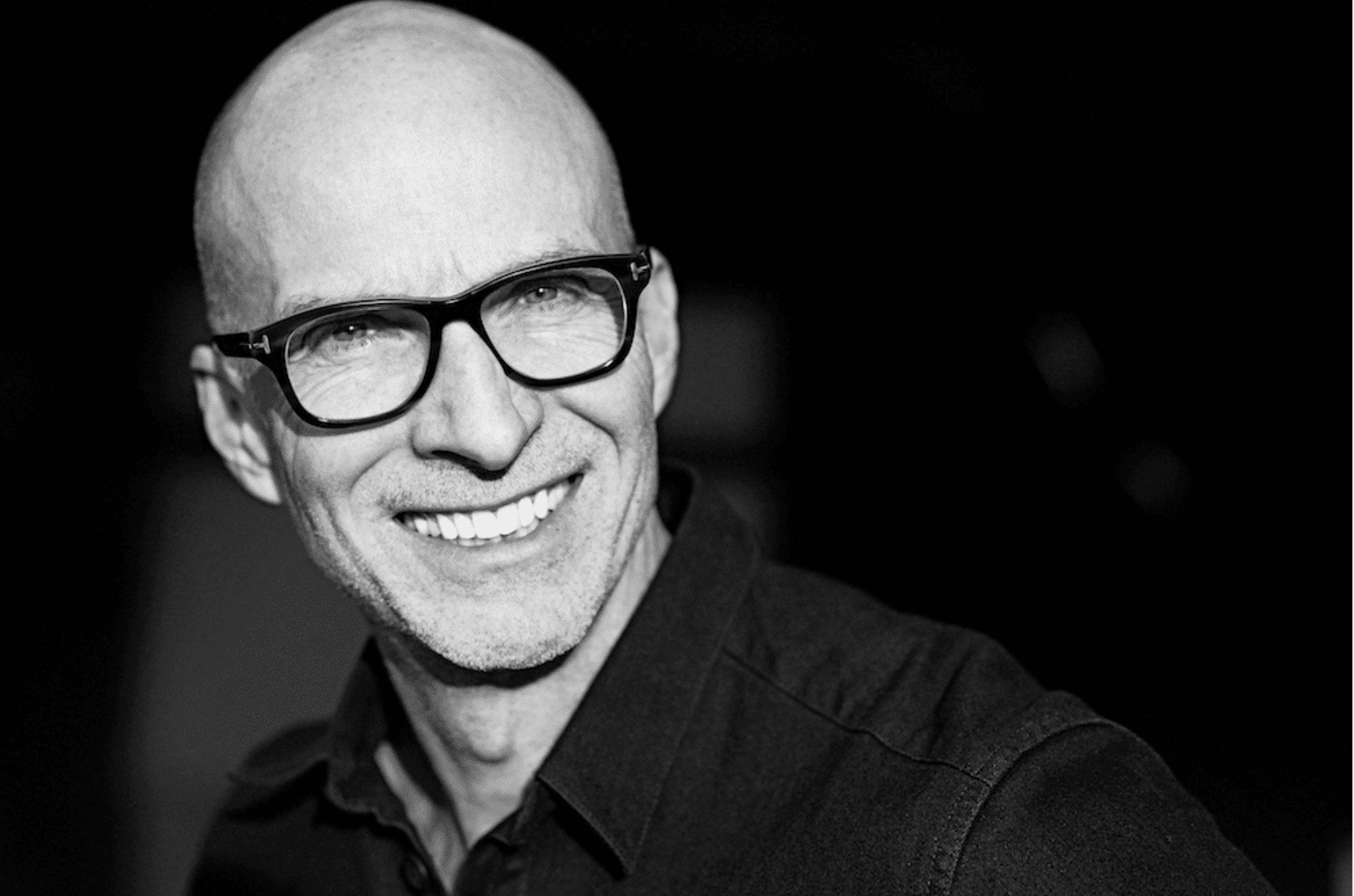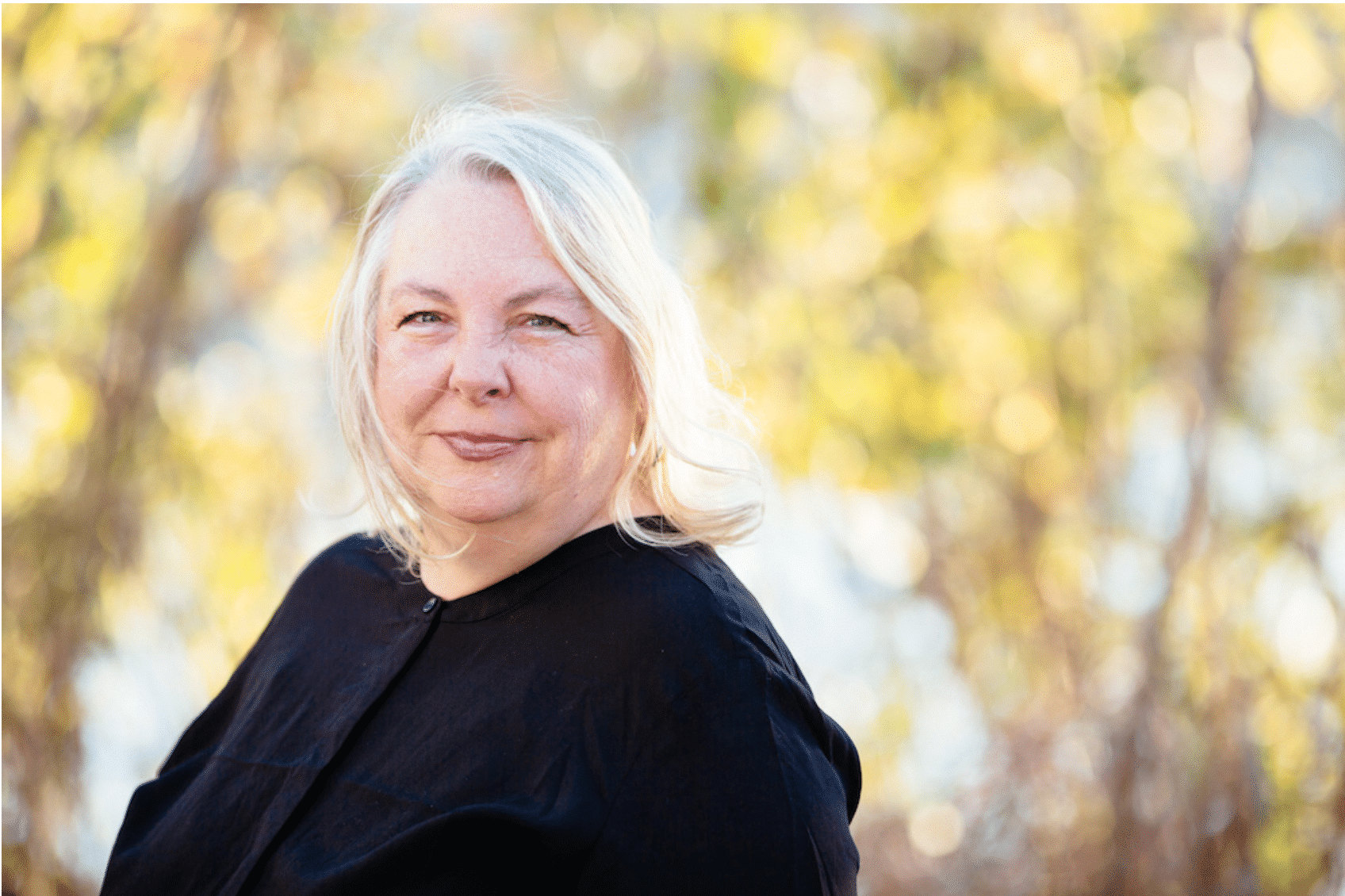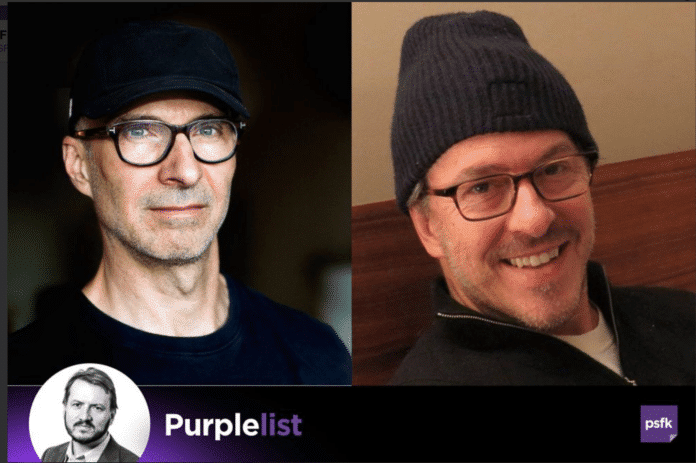 David Harry Stewart, co-founder of Ageist, talks to PSFK about starting the anti-AARP media company to recognize creatives over 50
David Harry Stewart, co-founder of Ageist, talks to PSFK about starting the anti-AARP media company to recognize creatives over 50
PIERS FAWKES, PSFK :Is experience back in fashion? Do older folks provide us with a higher level of culture, community and creativity? In this extract from his PurpleList podcast, PSFK founder Piers Fawkes investigates the value of age as he talks to David Stewart, the co-founder of media company Ageist, which celebrates the pursuits of the over 50s.
David: People over 50 control 70% of the disposable income in America. That’s three trillion dollars. Our generation invented the personal computer, skateboarding, punk rock… and these people, who were doing that stuff then, still have drive.
The thing is, the whole retirement thing the idea of the 401k and the pension plan—that’s out the window. People are going to be working for a much longer period of time. A lot of them are going need to work. There isn’t that safety net that was there 20 or 30 years ago. For better or worse, we have to understand how to integrate these generations who have a lot of experience and mix them with the younger people.
Piers: When I consider Ageist, I think it’s about celebrating the value of more experienced professionals, and it reminds us of the value they bring as well. Can you touch on that mission?

David: I think what we do is we surface and we reframe what midlife is today and what it can be. What we’re doing is we’re saying, “This is what’s going on right now,” and, “This may be useful to you to know about this.”
If you’re a company, you may read Ageist and say, “Oh, this is why we should pay attention to hiring these kinds of people.” If you are a brand, you say, “We need to be reaching these people.”
If you are one of our readers, you may think that we have provided an aspirational viewpoint on what was previously a medicalized, and somewhat infantilized, view of people once they reach a certain age. We’re saying that’s not true.
50-plus people are vivid, vital and they’re quite powerful. They’re not done, and they have no intention of going away. We publish Ageist as a contrasting viewpoint to AARP and a lot of the pharma stuff that says that once you reach a certain age, you have a built in set of liabilities and there’s something wrong with you.
So what do the over 50s offer?
Psychologically, when people achieve a certain critical mass of life—it starts to happen in the late 40s, early 50s—they have enough life experience where they can look back and they can rationally evaluate. They can say, “This is what works for me, this is what doesn’t work for me.”
Now, what’s so different about today versus 20 or 30 years ago is that you’re able to look back, and you look forward and you say, “Oh, geez. I’m 50. I am, rationally, only halfway through my life.” The statistics are now, if you’re a 50-year-old woman, your average life expectancy is 94. You’ve got a whole do-over in front of you.
You combine those two things and that completely changes people’s behavior, across the board. This group is very powerful but it’s really misinterpreted. It’s mis-viewed by most of the brands and companies out there. There are very few that really get them.
When I look at your content, you seem to celebrate experienced creative professionals. They’ve worked in the media or creative fields. Would you agree, or do you think your editorial is broader than that?
I think it’s much broader than that. Actually, the people who have the hardest time with aging tend to be in the creative world. If you’re 50 years old and you’re a creative it’s really difficult. I think the statistic that I remember is that 40% of the American public is over 50, and 7% of the people who work in advertising and marketing are over 50.

Lori Carter, Chattanooga TN.
That said, while we do feature some people that are in creative industries, we cover a diverse group of people too. We did a wonderful profile about a month ago of Lori Carter, a woman who lived in rural northern Georgia. About three years ago, she ran out of money and almost lost her house. She was getting through the winter by eating potatoes. She thought, “Well, what can I do?” She looked back and asked, “What am I good at?” So she started out as an Airbnb host, renting a room in her cabin. Three years later, she owns five houses, and she’s an Airbnb Superhost. She looked at what she had and said, “OK. This is what I’m good at, this is what works. Let’s do more of that.”
What we’re doing is we’re saying, “We see you guys and we see you as being powerful. As having ambition, as wanting to be around and relevant for a long time.” Other media companies aren’t really doing it this way.
Piers:Let’s transition: Tell me a little bit more about your business, of Ageist.
David:We’re a media company. When starting a media company, it’s about audience and engagement. That’s a pretty heavy lift to begin with. When we started Ageist, our initial business model was doing a consulting business. We did, I don’t know, thousands of hours of interviews, talking to people, figuring out what was different about this group now than 20 or 30 years ago.
We put together a big behavioral-based deck and we would go into companies like BMW and talk to them about what’s going on here. Then, about a year ago, the audience numbers started to go up enough so that we could then build a community.
Now, my view of publishing, my model for this, is that it’s kind of the three Cs: The first step is content. You’ve got to create content. Then, from the content comes community. Then, as you work the community, then you can get the commerce.
To me, the only way publishing works these days is this intersection of story and commerce. This is really no different than, say 30 years ago when I would work for Interview magazine. We’d show a picture of someone, and there would be, of course, all the credits for all the advertisers that were in the magazine, so that you’d never put a shirt on someone that the advertiser wasn’t in the magazine. There’s always been this very close tie between editorial and commerce. Now, they can be directly linked.
Right now at Ageist, we’re very good at story. We’re pretty good at community. Now, the next step that we’re moving into is commerce.
[There are] a lot of brands that have come to us, who wanted to work with us and advertise on the site and stuff, but we’re picky. If it’s pharma, or what we call the “leaky and creaky crowd,” we stay away from that.
Piers: OK, so just let me touch on that. You’ve said that the audience has picked up. Which brands, or what types of brands, are paying attention and showing more interest in this age group?
David:Well, unfortunately, the two sectors that really like to pay attention to us are pharma and the financial sector. I don’t have a problem with finance but I do have a problem with pharma. What they’re saying to over 50s is, “You have a problem, and we’re going to fix it,” which is really antithetical to what we’re about.
This group has 70% of the disposable income, and the largest consumer group of Apple products is the over 55-year-old male. There are great opportunities for electronic brands and home furnishings, and men’s apparel. As you enter into this age, this weird thing happens, where suddenly you have all this awareness of where you’ve got this lifetime in front of you, but that wasn’t really part of the game plan when you were 20. And one thing you ask is, “What should I dress like? Should I look like Jack Kennedy? What am I supposed to look like?”
There’s this feeling of invisibility, which really bothers people. There’s a huge amount of opportunity there. If a brand were to say, “We get you guys, we got your back,” they would rule.
Piers: Let me challenge you a little bit. Are we just talking about bicoastal hipsters, at the end of the day? Or, within the sense of the U.S., do people have the same sort of feeling?
David:That’s a really interesting point. I think that the majority of our readers tend to be urban. That is: LA, San Francisco, New York, London, some of the bigger cities in Asia. That’s not to say that we don’t have a lot of people who aspire to this, who are in more rural places, who are in smaller cities. We don’t profile them so much only because I don’t have access to them.
It’s just the circles that we run in tend to be more urban. I know from the emails that we get that a lot of these folks are not in the more urban, you know, these kind of circles, but they look to us for inspiration and for aspiration, because there ain’t nothing out there. It’s like, AARP and us.
Piers:We talked about community in the content and the commerce ends. Do you bring the content to life through events and experiences?
David: Actually, we do. We’re having our first event early April here in Los Angeles. It’ll be about 350 people. We’ll have probably four speakers, and then a lot of emphasis on community interaction.
The reason we’re doing the event is because so many of the people who write to us feel as though they’re isolated, that they’re weirdos, they’re odd in some way. I tell them that there are literally millions of people just like them.
They really want to be around other people that are like them, so in response, we’re going to have our first prototype event here in Los Angeles, and we’ll be looking for brand sponsors to help us out with that.
For the brands, this event a way of hooking directly, having a direct communication with the people who are going to be there. They’re going to be the tip of the sword of this. They’re going to be the real influencers who are out there in the world, who will be talking about this.
An audio version of this interview can be found on our PurpleList podcast. David Stewart will be a speaker at our own conference, CXI 2018, on May 18. Details here.
celebrating and selling to the 50+ hipster
Last week I had the privilege of being interviewed by PSFK founder Piers Fawkes. If you haven’t heard of PSFK, they are one of the world’s most respected research & strategy services, home to some of the freshest and brightest minds in the industry. Being asked to speak as an authority by this crew is a big deal. “We publish Ageist as a contrasting viewpoint to AARP and a lot of the pharma stuff that says that once you reach a certain age you have a built-in set of liabilities and there’s something wrong with you.”
Listen to the podcast here.


